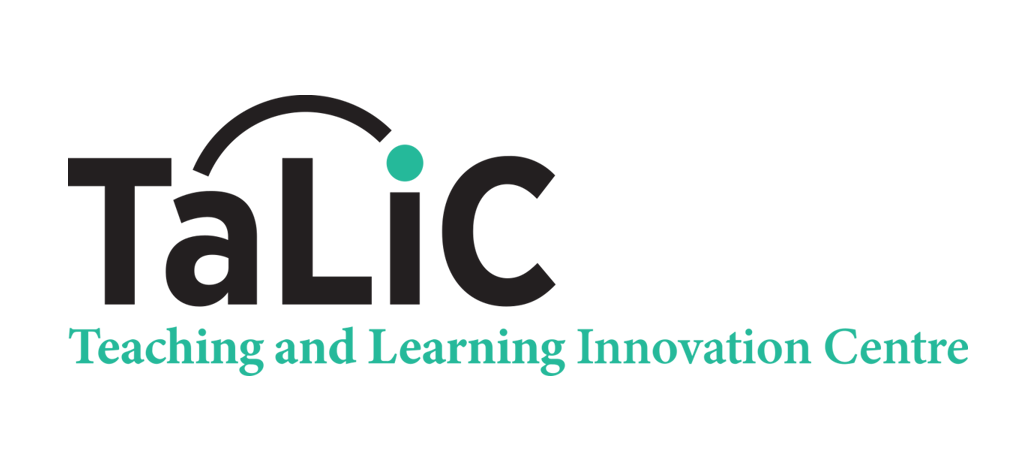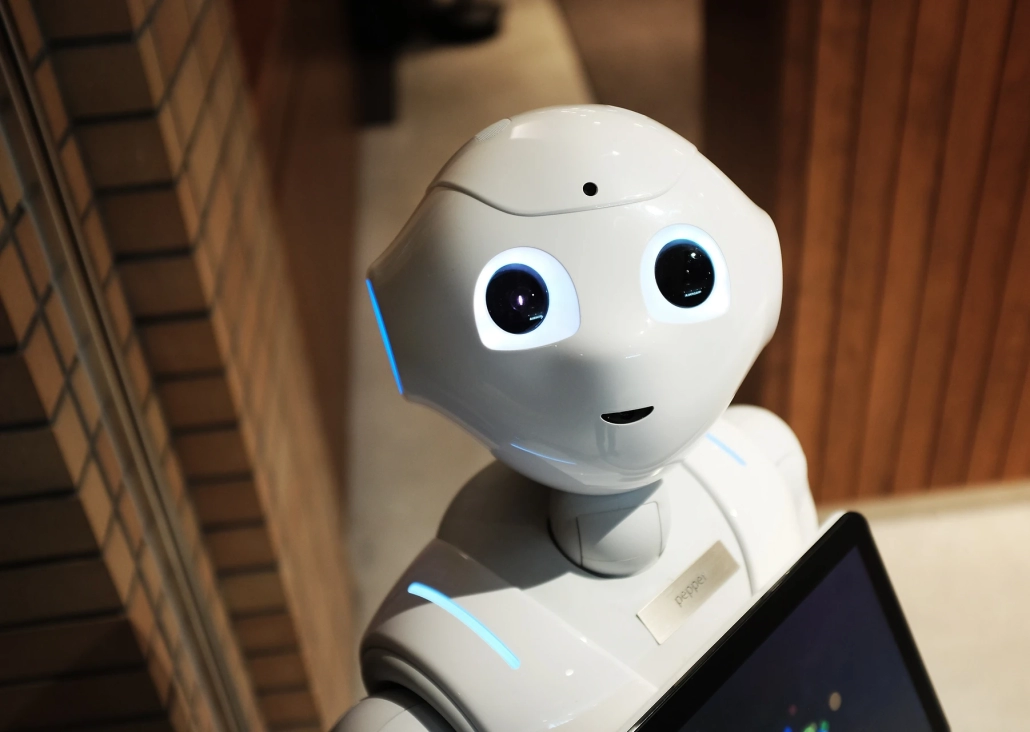What is Generative AI?
According to a report from McKinsey, “Generative artificial intelligence (AI) describes algorithms (such as ChatGPT) that can be used to create new content, including audio, code, images, text, simulations, and videos.” (Link)
Generative AI can be used meaningfully by teachers and students in many ways. For example, Generative AI can also be used to create personalized learning experiences for students. By analyzing student data such as their learning style and performance history, generative AI can create customized learning materials that are tailored to each student’s individual needs.
List of Terminologies
Artificial Intelligence (AI) – a subfield of computer science that aims to develop machines and systems capable of performing tasks that typically require human intelligence
Machine Learning – a field of artificial intelligence that focuses on enabling computers to learn from data and improve their performance on specific tasks without being explicitly programmed
Deep learning – a subfield of machine learning that uses artificial neutral networks, and can learn and understand complex patterns in data, allowing it to make accurate predictions or decisions about new data
Three types of AI
Artificial Narrow Intelligence (ANI) – AI systems that are designed to perform a specific task or a narrow range of tasks, focused on solving specific problems and is not capable of generalising or applying its knowledge to other areas
Artificial General Intelligence (AGI) – AI systems that possess the ability to understand, learn, and apply knowledge in a way that is comparable to human intelligence across a wide range of tasks, replicating the cognitive abilities of humans
Artificial Super Intelligence (ASI) – a hypothetical future state of AI that surpasses human intelligence in virtually every aspect, possessing cognitive abilities beyond human capabilities
*Currently, we are in the stage of ANI. AGI and ASI remain as areas being researched and hypothesised.
Generative Artificial Intelligence (GenAI) – a subset of AI that involves creating or generating new content, such as texts, images, videos, or music. GenAI models are trained to generate new data which resembles patterns and characteristics of the data it was trained on.





